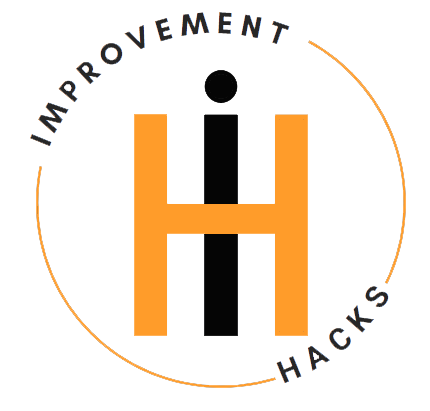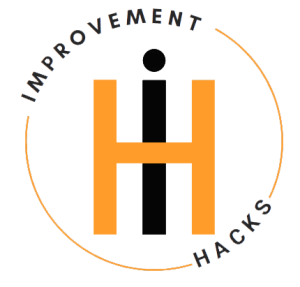Have you ever wondered why we care so much about being productive?
Well, it’s because, at its core, to increase productivity is about making the most out of our lives.
Whether it’s achieving more at work or having more meaningful experiences in our personal lives, productivity plays a key role.
Being productive isn’t just about being busy.
It’s about using our time and energy wisely to achieve more.
In the world of business, productivity is often seen as how much you can produce with the least amount of resources (Hill, 1993).
But for most of us, it’s all about getting our everyday jobs done more effectively and efficiently.
The Importance of Productivity in Today’s World
We’re lucky to live in an age with endless information and opportunities, namely the information age.
This is a time unlike any other that there’s been in our history.
But with so many options and so much to do, we can often find ourselves becoming overwhelmed and unable to enjoy or benefit from these opportunities.
By learning how to increase productivity, we can make the most of our time, allowing us to experience more of what life has to offer.

Practical Tips for How to Increase Productivity
Here are 4 methods for you to try if you want to improve your productivity:
The Power of Taking Breaks
This might sound a bit counterintuitive, but by taking a few breaks, you can actually end up being more productive.
Studies have shown that stepping away from work can reduce stress and improve your mood, which in turn makes you more effective when you return back to your tasks (Fritz et al., 2013).
Set Boundaries
It’s crucial to set proper boundaries around your work.
By defining clear work hours and making sure that you stick to them, you protect yourself from burnout.
This ensures that you get enough time for rest, which is essential if you are keeping up high productivity levels.
Achieving More with Smaller Goals
Having to face massive goals can be quite daunting as well as demotivating.
Breaking these down into smaller and more manageable goals makes them less intimidating.
Smaller goals are clearer and easier to achieve, which will keep your motivation up and productivity levels high (Latham & Seijts, 1999).
Planning Ahead for Success
Having a well-defined daily or weekly plan can be a game-changer.
It can help you to stay focused on important tasks and reduce the chances of getting side-tracked by any other stuff that is less productive.
Conclusion: Productivity is Personal
Productivity is something that most of us are regularly looking to improve upon.
And although the reasons behind our desire to become more productive might be varied, the strategies that we apply to improve or increase productivity are more or less the same.
Simple steps like setting up a workspace, creating short-term goals, and taking regular breaks can make a big difference.
But remember, it’s also okay to have unproductive days.
We all have times when we’re less motivated, and that’s alright.
Your value isn’t tied to how much you produce.
Remember, productivity is a personal journey, and sometimes the best thing you can do is to take a step back and relax.
References
● Fritz, C., Ellis, A. M., Demsky, C. A., Lin, B. C., & Guros, F. (2013). Embracing work breaks. Organizational Dynamics, 42(4), 274-280.
● Hill, T. (1993), Manufacturing Strategy: The Strategic Management of the Manufacturing Function, 2nd ed., Open University/Macmillan, London.
● Latham, G. P., & Seijts, G. H. (1999). The effects of proximal and distal goals on performance on a moderately complex task. Journal of Organizational Behavior: The International Journal of Industrial, Occupational and Organizational Psychology and Behavior, 20(4), 421-429.
● Moseng, B. and Rolstada ̊s, A. (2001), “Success factors in the productivity process”, 10th World Productivity Congress.
● Tangen, S. (2005). Demystifying productivity and performance. International Journal of Productivity and Performance Management.






